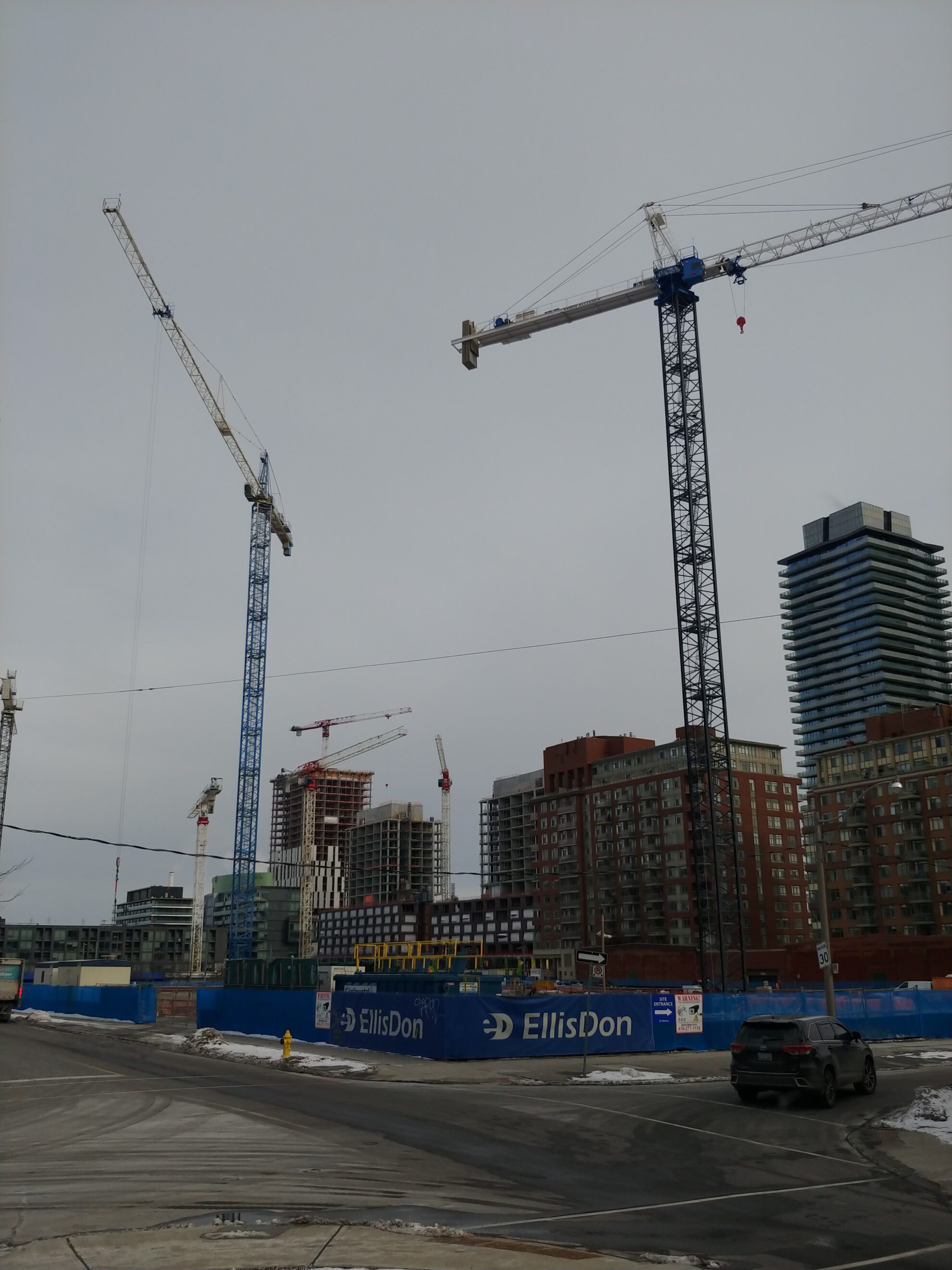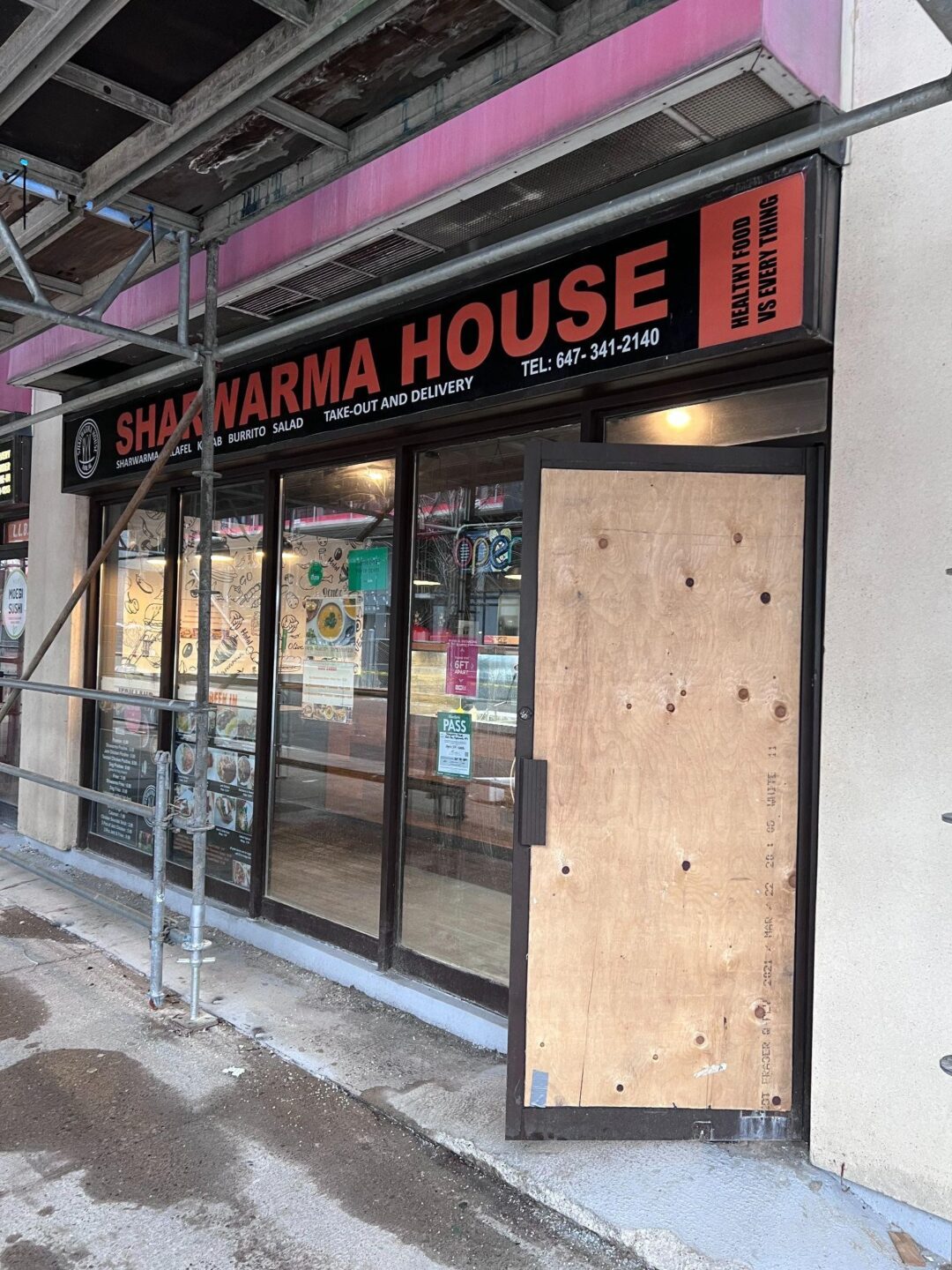Dennis Hanagan –
Toronto City Council voted overwhelmingly in November to implement a staff plan that offers incentives to the building industry to build rental housing. The plan was approved 23–1 with two members absent.
“Right now no one is building. That means two years from now we will have a worse housing crisis,” Mayor Olivia Chow told council.
She said projects under way with cranes in the sky were approved last year. Meanwhile, she said, 80,000 people are on a waiting list to get units with rent geared to income.
Chow said the staff plan, called Build More Homes: Expanding Incentives for Purpose Built Rental Housing, has encouraged “a huge number” of developers and builders to start building. The plan calls on the city to forego millions of dollars with incentives including deferred development charges and a 15 percent property tax reduction for 35 years.
At the November 5 executive committee meeting, Ward 17 (Don Valley North) Councillor Shelley Carroll said the plan will cost the city more than $350 million in revenue. It calls on the federal and Ontario governments to each provide $225.3 million in grants to help build rental units.
The plan hopes to spur the building industry to start constructing 20,000 rental homes including a minimum of 4,000 affordable units.
Toronto has pledged 285,000 housing starts by 2031. It wants 65,000 rent-controlled homes, including rent-geared-to-income and affordable rental homes, by 2030.
Some in the building industry have said the plan’s concessions are not enough. In correspondence to the city, the Residential Construction Council of Ontario (RESCON) said the affordable units component “likely negates any reasonable prospect of a development being financially feasible.”
NAIOP, a commercial real estate development association, called for “a full exemption” of development charges for all purpose-built rental housing and the same property tax exemption for at least 20 years.
Pushing back, Ward 4 (Parkdale-High Park) Councillor Gord Perks said sarcastically, “I can’t remember the last time a trade association came to us and said, ‘Good job, we don’t have anything else we want to ask from you.’” He reminded council that trade associations “don’t actually build anything.”
Perks said that city staff, himself and Mayor Chow consulted with developers to devise the Build More Homes plan. Now, he said, “just about every developer in the City of Toronto wants in.”
Ward 19 (Beaches-East York) Councillor Brad Bradford voted for the plan but he called it inadequate. “I’m concerned this is not going to be the big move that the City of Toronto needs right now to unlock purpose-built rental.”
Bradford said the proposed incentives are not enough. “It’s mild, it’s weak, it’s inadequate to unstick the 29,000 to 37,000 housing units that are approved and sitting on the sidelines stuck in the pipeline.”
Perks said Toronto is in a housing crisis because the federal and provincial governments got out of building rental housing in the mid-1990s. Also to blame, he said, has been 20 to 30 years of “intense speculation” that has driven up costs.
“We want to re-balance the housing market in the City of Toronto so it is not just there to benefit speculators but to do what its primary purpose should be: to provide affordable homes,” said Perks.
Ward 8 (Eglinton-Lawrence) Councillor Mike Colle said the federal and provincial governments, with billions of dollars in tax money, should build housing “and here we are asking our property taxpayers to put their money up to build housing,” Colle said. “How incongruous is that?”




